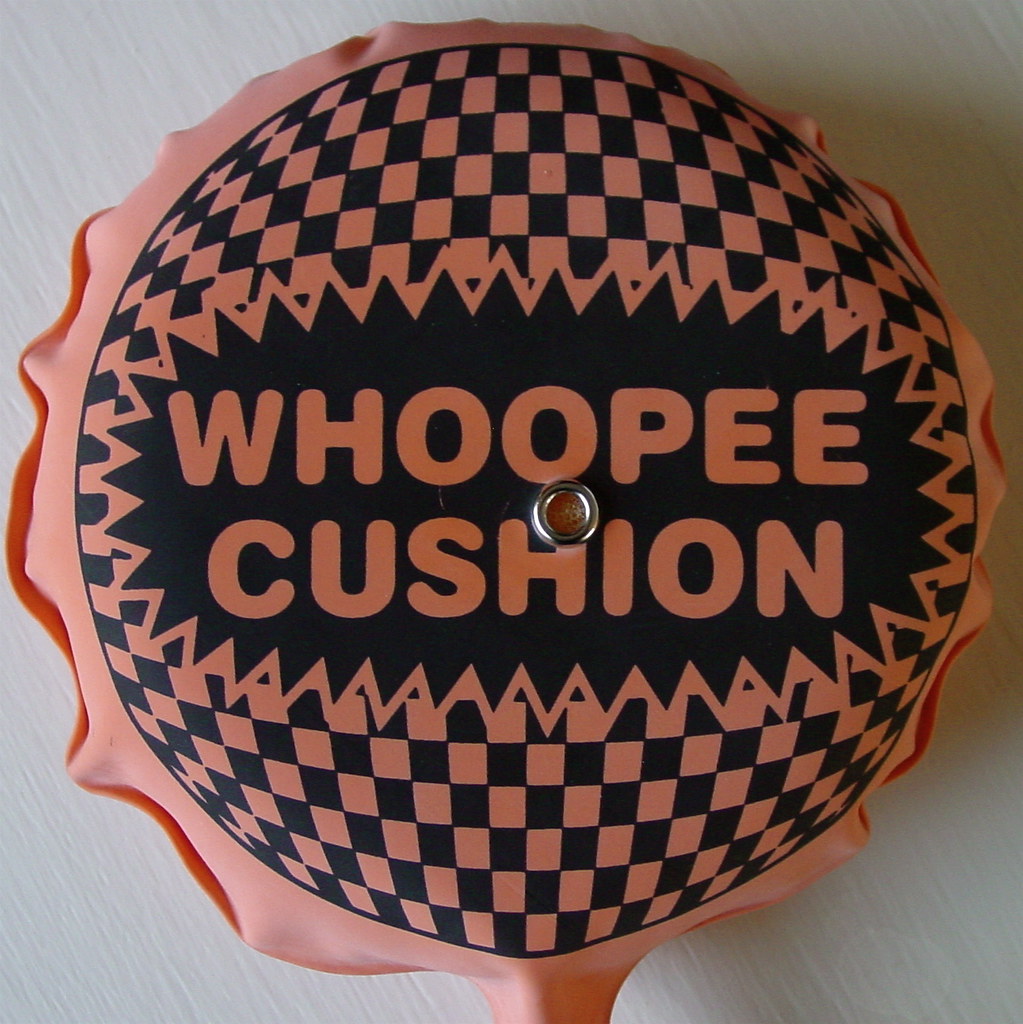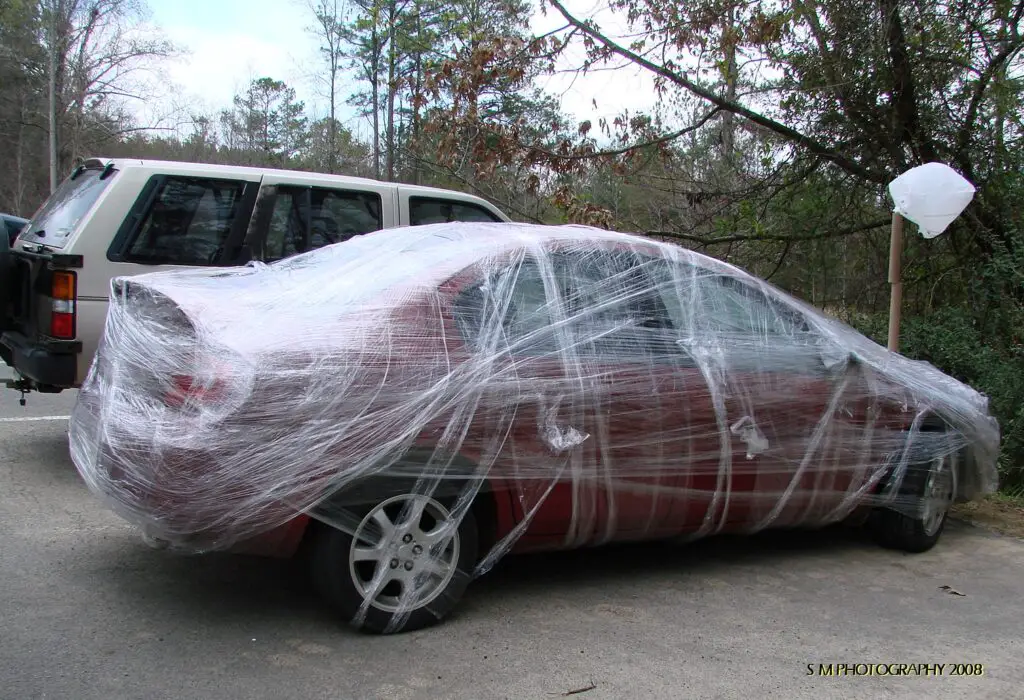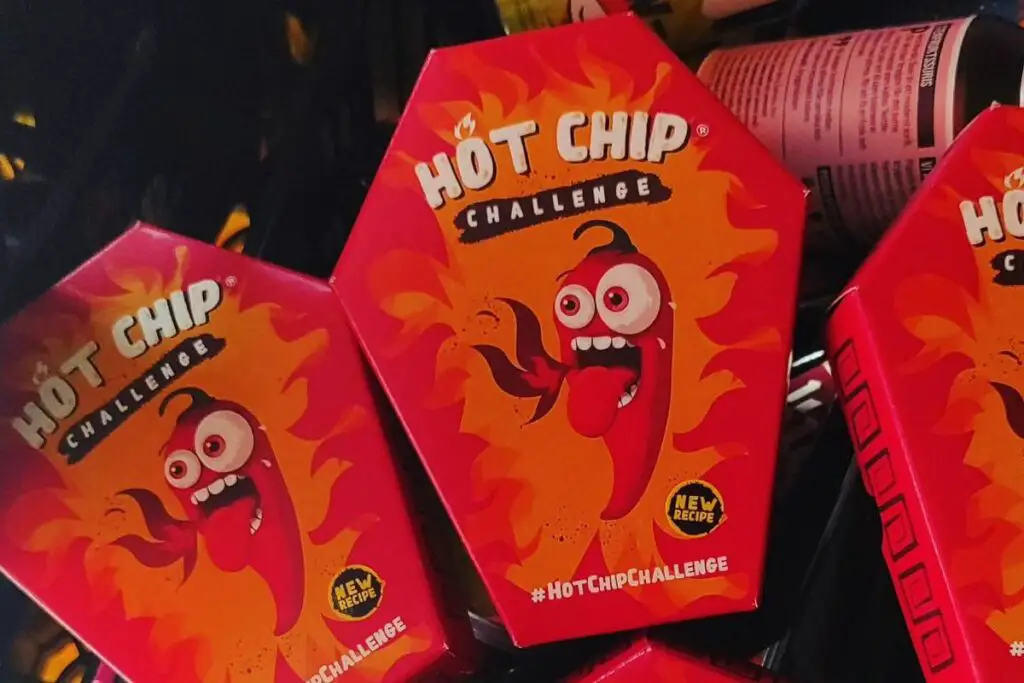Pranks are one of the most unique sources of common fun. Everyone reading this has likely been at the wrong end of a harmless joke. Pranks are so popular that we even have a holiday dedicated to pulling them off: April Fool’s Day. What happens, though, when a prankster crosses the line? Is there prank liability when a mean-spirited trick causes injury?
Devious Prankster Crosses The Line
This viral clip perfectly shows how pranks can turn from jovial to dangerous. It shows a social media prankster walking around a pavilion dressed in a chef’s uniform. He is holding a plate with chips on it, preparing to offer samples to strangers.
One stranger takes the bait, picking up a chip from his plate. As he eats the chip, the person asks, “What flavor are they?”. In response, the prankster replies, “It’s spicy flavor.” As the prankster starts to snicker at himself, the stranger begins to choke on the chip’s spice. Within moments, it becomes clear that the prankster has given the stranger a one-challenge chip, which people know for its dangerously high spice levels.
We don’t see any more of the clip, but viewers assume that the stranger continues to feel the adverse effects of the chip. So, while viewers also think that the man doesn’t suffer any lasting damages from the chip, is there any prank liability when a prankster crosses the line?
Prank Liability

If a prank causes harm or distress, you can sue the prankster for damages. Since pranks are usually light-hearted, determining when they cause damage or the true intentions behind them can be challenging. Due to this, prank liability usually depends on the damages caused and the prankster’s intentions.
Negligent Pranks
Most pranks fall within the category of “harmless pranks.” These pranks are your run-of-the-mill April Fool’s jokes that poke light fun at people. Unless something goes awry, harmless pranks usually do not result in physical or emotional harm.
In extremely rare cases, harmless pranks can ultimately lead to damages. Even if the prankster didn’t intend to harm someone, a person injured in a prank can file a lawsuit if they incur serious damages. These lawsuits typically fall under negligence, where a prankster crosses the line by causing damages with negligent behavior or prank planning.
Regarding the viral video clip, negligence could easily be applied. Even if the prankster didn’t think his prank was dangerous, extremely spicy chips have a history of injuring people. Despite their basic dangers, spicy food can trigger underlying health issues such as ulcers, irritable bowel syndrome, stomach pain, and anaphylaxis. If a person experienced these symptoms from the prankster’s trick, they certainly could open a case on the grounds of negligence.
Criminal Pranks

In other cases, a prankster may seek to harm someone or pull a purposely dangerous prank. For example, the man in the video knowingly gave people chips that would be uncomfortable to eat. When someone knowingly attempts to injure someone in this way, they are liable for their pranks.
Generally, pranks such as these fall under the title “criminal pranks” because they fall in line with assault. In other instances, criminal pranks can be theft, property damage, or other serious crimes.
An Attorney’s Opinion
In response to the viral clip, TikTok attorney Ugo Lord has given a professional opinion. He claims that under normal circumstances when taking samples, the person is liable for determining what food they are eating. You are expected to ask questions and see if the sample you are taking is something you shouldn’t eat.
In the video, it’s clear that the prankster designed it to trick strangers into eating something unexpected. The prankster likely knew the person would experience pain or discomfort, as that would create the best content for his video.
With this in mind, it is arguable that the man intentionally sought to harm others with the spicy chip. He even filmed the situation, effectively capturing evidence that showed his plan and knowledge of the incident.
Summary
In the end, pranks can be a breath of fresh air occasionally. A light-hearted whoopie cushion or prank call can bring humor to our days. The issue is when these harmless pranks become criminal, potentially causing physical or emotional harm.
Generally, prank liability falls into two categories: negligent and criminal. Negligent pranks are usually harmless in theory but somehow end in damage. Criminal pranks are those in which the prankster intentionally seeks to harm or injure someone else.
In either case, if a prank has caused you damages, there are ways you can seek compensation. With the help of a legal supervisor, you can file a suit and increase your chances of receiving the proper reparations you deserve.

